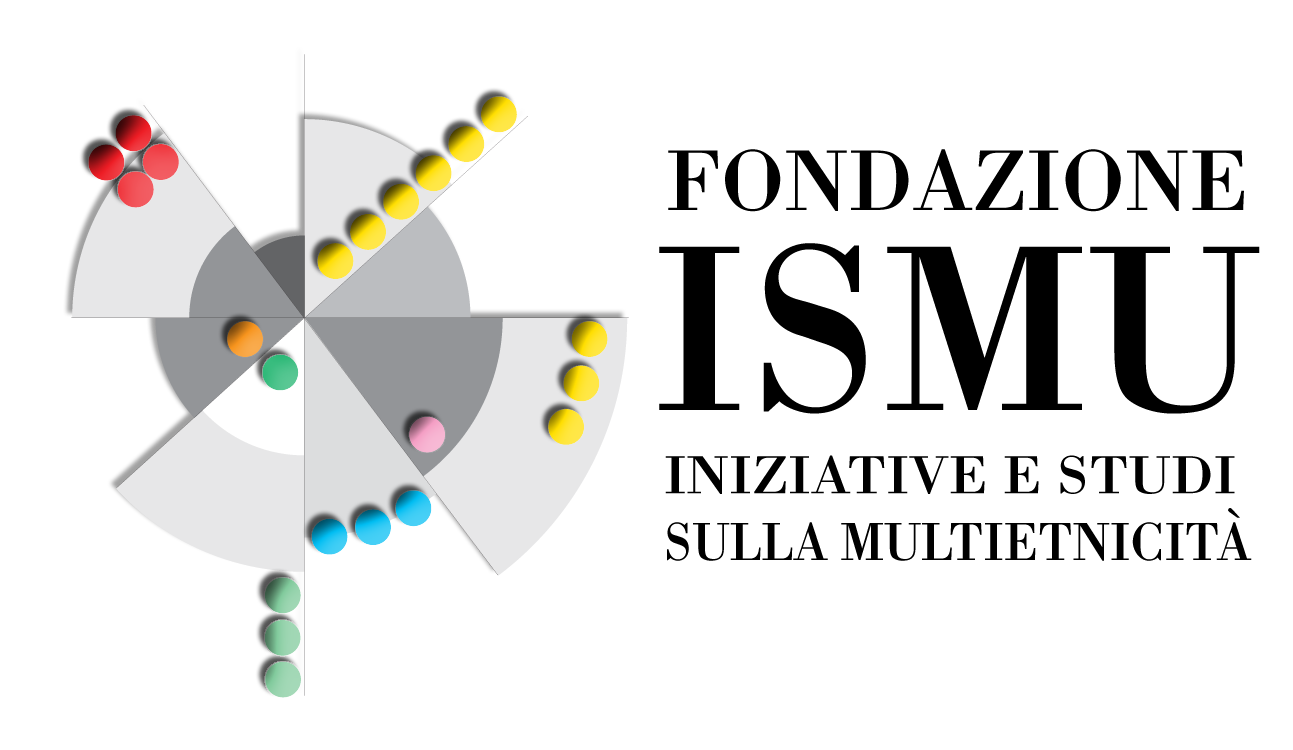
Knowledge for INtegration Governance
 Co-funded by
Co-funded bythe European Union
OBJECTIVE
The KING project’s objective is to elaborate a report on the state of play of migrant integration in Europe through an interdisciplinary approach and to provide decision- and policy-makers with evidence-based recommendations on the design of migrant integration-related policies and on the way they should be articulated between different policy-making levels of governance.
As the name of the project suggests – Knowledge for INtegration Governance - the logic underlying KING’s research design is that effective policies should be firmly rooted in a sound knowledge of reality, i.e. facts and needs that are actually observed on the ground. Accordingly, most of the KING project is devoted to the gathering of evidence and data, with the aim of exploring whether and to what extent the successful integration of migrants into receiving societies could represent an important contribution to EU economic and social development.
Migrant integration is a truly multi-faceted process. The contribution of the insights offered by different disciplines is thus essential in order better to grasp the various aspects of the presence of migrants in European societies at national and sub-national levels, and, ultimately, the very meaning of integration. This is why multidisciplinarity is at the core of the KING research project. The presence of experts from seven different disciplines - EU Law and Policy, Political Science, Public Administration, Social Science, Applied Social Studies, Economics, Demography – ensures the comprehensiveness of the picture concerning migrant integration which is resulting from the research produced by KING.
For gaining a genuine understanding of migrants’ integration processes, the complex policy-making mechanisms that govern integration policies are properly to be taken into account and evaluated. KING closely looks at the full range of positive and negative effects of integration governance and mainstreaming, so as to shed light on well- and poorly-managed integration policy and practice and to learn from successes and failures.
From the European Union to local authorities, the interplay of different levels of policy-making and the involvement of different types of actors produce results that significantly vary between and within countries and that need adequately to be assessed. Hence, the ultimate goal of the KING project is to provide evidence-based policy recommendations on how to govern the manifold aspects of migrant integration at all levels of governance and across the different policy fields in order fully to realise the potential that migration represents for European societies.
As the name of the project suggests – Knowledge for INtegration Governance - the logic underlying KING’s research design is that effective policies should be firmly rooted in a sound knowledge of reality, i.e. facts and needs that are actually observed on the ground. Accordingly, most of the KING project is devoted to the gathering of evidence and data, with the aim of exploring whether and to what extent the successful integration of migrants into receiving societies could represent an important contribution to EU economic and social development.
Migrant integration is a truly multi-faceted process. The contribution of the insights offered by different disciplines is thus essential in order better to grasp the various aspects of the presence of migrants in European societies at national and sub-national levels, and, ultimately, the very meaning of integration. This is why multidisciplinarity is at the core of the KING research project. The presence of experts from seven different disciplines - EU Law and Policy, Political Science, Public Administration, Social Science, Applied Social Studies, Economics, Demography – ensures the comprehensiveness of the picture concerning migrant integration which is resulting from the research produced by KING.
For gaining a genuine understanding of migrants’ integration processes, the complex policy-making mechanisms that govern integration policies are properly to be taken into account and evaluated. KING closely looks at the full range of positive and negative effects of integration governance and mainstreaming, so as to shed light on well- and poorly-managed integration policy and practice and to learn from successes and failures.
From the European Union to local authorities, the interplay of different levels of policy-making and the involvement of different types of actors produce results that significantly vary between and within countries and that need adequately to be assessed. Hence, the ultimate goal of the KING project is to provide evidence-based policy recommendations on how to govern the manifold aspects of migrant integration at all levels of governance and across the different policy fields in order fully to realise the potential that migration represents for European societies.

